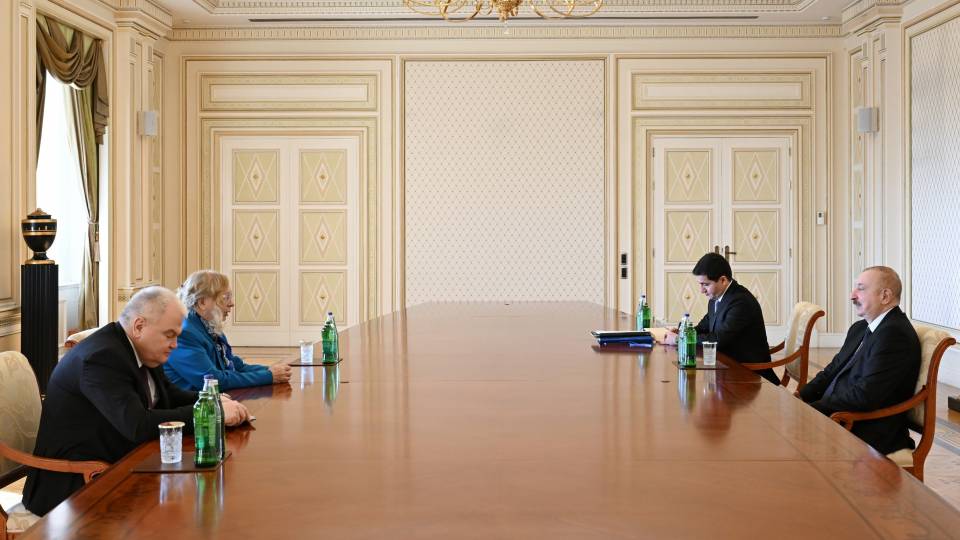18:00
Today's Zaman: Clinton's South Caucasus trip no catalyst
06 июля 2010, 12:55Today's Zaman
06 July, 2010
YONCA POYRAZ DOĞAN
US Secretary of State Hillary Rodham Clinton appealed to Azerbaijan and Armenia for a peaceful resolution of a long-running territorial dispute between the neighboring ex-Soviet states, but there were no evident signs of fresh diplomatic progress, and observers from both sides do not expect to see such signs any time soon.
Shuttling between the capitals, Clinton told both leaders to act quickly to settle the conflict that began in 1988 when Armenia made territorial claims against Azerbaijan. Armenian armed forces have occupied 20 percent of Azerbaijan since 1992, including the Nagorno-Karabakh region and seven surrounding districts. After meeting with Azeri President Ilham Aliyev and telling her Azeri counterpart Elmar Mammadyarov in Baku that the final steps toward peace often are “the most difficult, but we believe peace is possible,” Clinton made the one-hour flight to Armenia and had a meeting over dinner with President Serzh Sarksyan. Just like Aliyev, Sarksyan also said that the dispute over Nagorno-Karabakh was the single most important issue for his country. Observers from both Azerbaijan and Armenia indicate that Clinton's visit was more symbolic than attempting to expedite a peace deal.
They are currently holding peace negotiations through the co-chairs of the OSCE Minsk Group -- Russia, France and the United States.
“It seems that the US is strengthening and expanding its presence in the South Caucasus. During the meetings with Azerbaijani officials, Clinton discussed the Nagorno-Karabakh problem. This shows that the US really wants to contribute to the peaceful solution of the long-protracted dispute,” said Vefa Guluzade, a prominent expert and former national security advisor to late Azerbaijani President Haydar Aliyev.
Guluzade added that there is a struggle between the US and Russia over the South Caucasus and that both are vying to regain influence over this strategic location.
Azerbaijan, which shares a border with Iran, is of particular strategic importance to the United States. Tens of thousands of flights carrying war materiel to US and allied forces in Afghanistan have crossed Azeri airspace over the past nine years of fighting there since the Sept. 11 attacks. Azerbaijan also is part of an overland supply chain that is a key alternative to the main land route through Pakistan to Afghanistan.
“Clinton came to the region to strengthen the role of the United States in the region. She was there to show that the United States is going to work with the South Caucasus countries,” said Dr. Stepan Grigoryan, chairman of the board of the Analytical Center on Globalization and Regional Cooperation (ACGRC), based in Yerevan.
He said the United States is trying to regain its influence in the region as it has been weakened in the past because the US did not help Georgia in the 2008 Russia-Georgia war, Georgia has improved its relations with Iran, and Turkey has been working with Iran and Syria.
“Those developments frighten the United States,” Grigoryan said.
The US also has good relations with Armenia and has worked to broker an agreement between Armenia and Turkey on establishing formal diplomatic relations and opening their closed border. Turkey, however, has refused to ratify the agreement until there is a settlement between Azerbaijan and Armenia. Turkey closed its borders with Armenia in 1993 in solidarity with Azerbaijan. Armenia has not yet implemented the UN Security Council's four resolutions on the liberation of the Nagorno-Karabakh region and the occupied territories.
The conflict between the two South Caucasus states has the potential to escalate. In Yerevan, Clinton implicitly criticized Azerbaijan for a recent outbreak of violence. In mid-June, an exchange of gunfire along the front lines near Nagorno-Karabakh killed four ethnic Armenian troops and one Azeri soldier.
“These are unacceptable violations” of the 1994 cease-fire, Clinton said.
Armenia and Azerbaijan were recently presented with a new version of the Madrid Principles, which call for return of the territories surrounding Nagorno-Karabakh to Azerbaijani control; an interim status for Nagorno-Karabakh providing guarantees for security and self-governance; a corridor linking Armenia to Nagorno-Karabakh; future determination of the final legal status of Nagorno-Karabakh through a legally binding expression of will; the right of all internally displaced persons and refugees to return to their former places of residence; and international security guarantees that would include a peacekeeping operation.
Rasim Musabeyov, an independent political analyst based in Baku, said the problem is about taking steps toward resolving the conflict. “A solution to the conflict, initially, is not really the case. The most important issue now is to make real steps on the way to solving the conflict,” he said.
The issue of Armenia's withdrawal from the area surrounding Nagorno-Karabakh is also of importance for Ankara, which has frequently signaled that this step would ease the way for opening the border with Armenia. However, this is not something Yerevan would easily do.
“For Armenia it does not matter. What matters is security. Without full security guarantees, Armenia would not withdraw,” said Artak Zakaryan, a senior lecturer at Yerevan State University.
According to Zakaryan, unless there is trust between the two communities, no peace agreement, no matter how perfect, would work. In that regard, he doesn't give much chance to international peacekeeping operations, either. “We've seen what happened in Bosnia, Serbia and Kosovo,” he said.
Meanwhile, Musabeyov said the US understands that the opening of the Turkey-Armenia border is not as urgent as solving the Nagorno-Karabakh problem.
“Closed borders do not really pose security threats in the region as much as the Nagorno-Karabakh issue does. Karabakh is a hot spot, every time ready to detonate, and the tensions may escalate into a full-fledged armed conflict,” he said.
Observers also point out that approaching elections in both Armenia and Turkey would also delay the opening of their borders, but civil society in both countries has been taking many initiatives to rebuild trust between the two societies. İstanbul Today’s Zaman
Mahir Zeynalov contributed to the reporting in this story.
Link to article
18:00
16:52
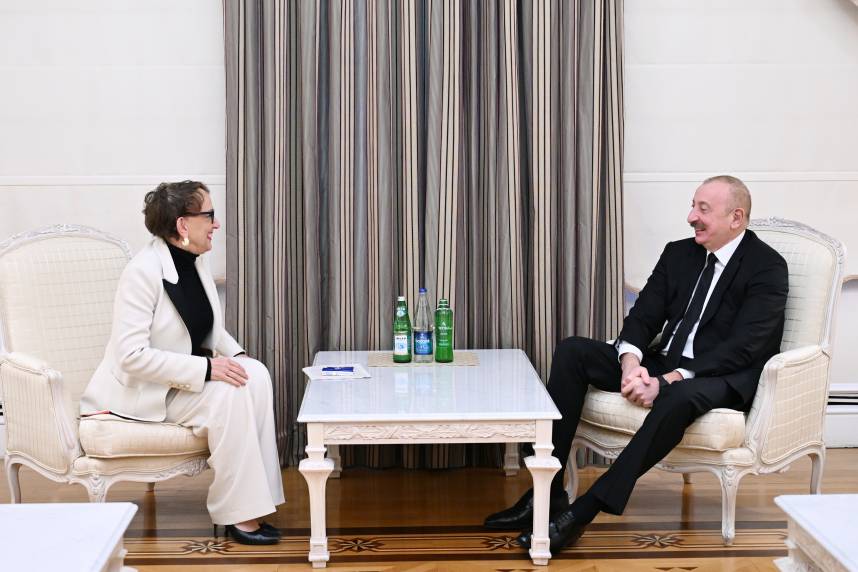
16:11
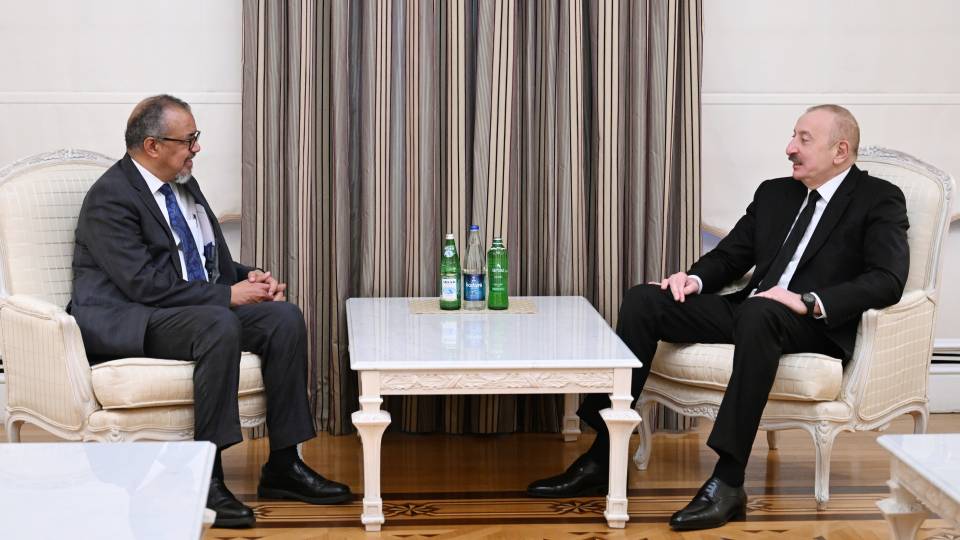
15:31
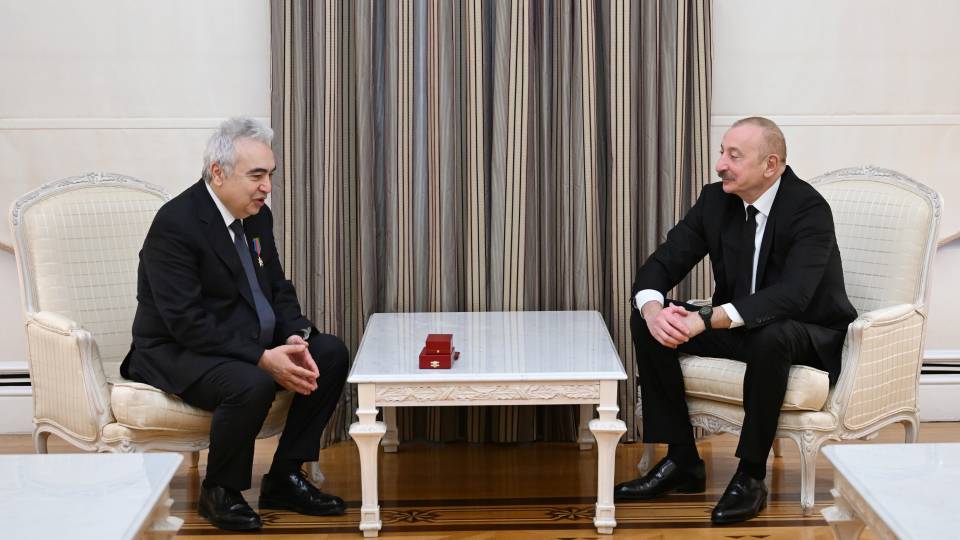
15:07
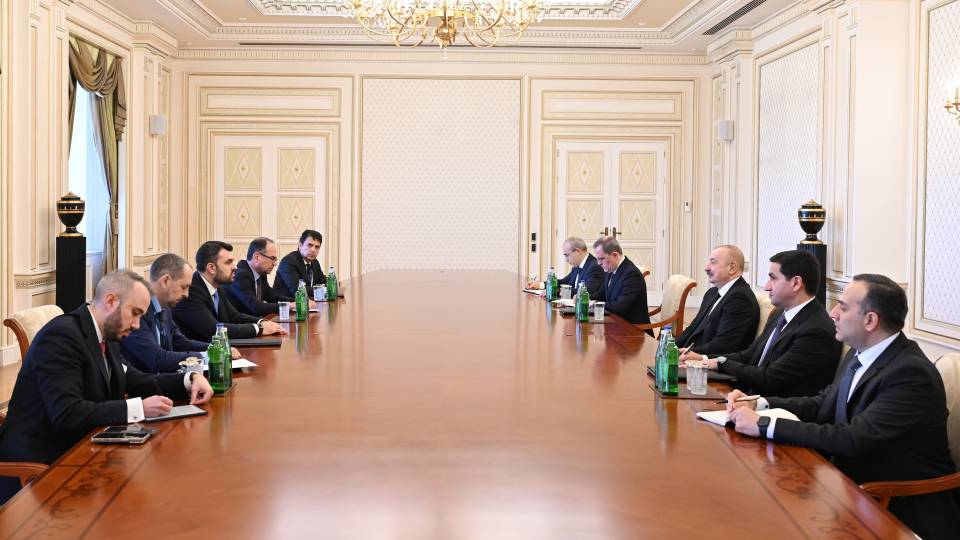
14:20
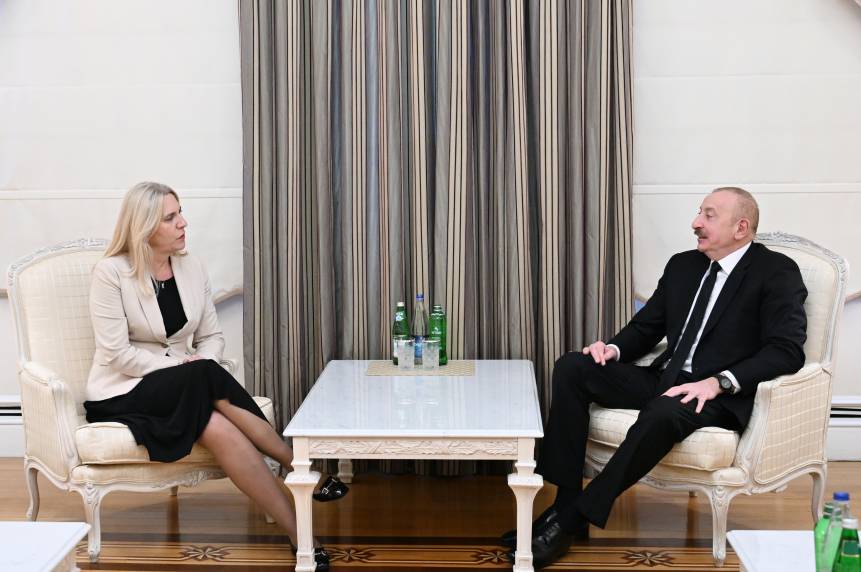
13:30
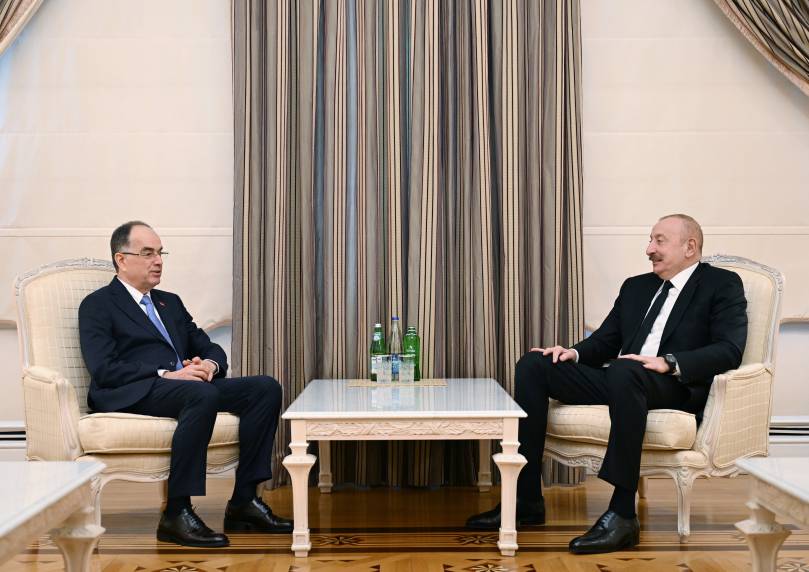
11:30
Ваше Святейшество,
От своего имени и от имени народа Азербайджана передаю Вам и в Вашем лице всем Вашим единоверцам самые искренние поздравления...
13 марта 2025, 11:3010:10
18:00
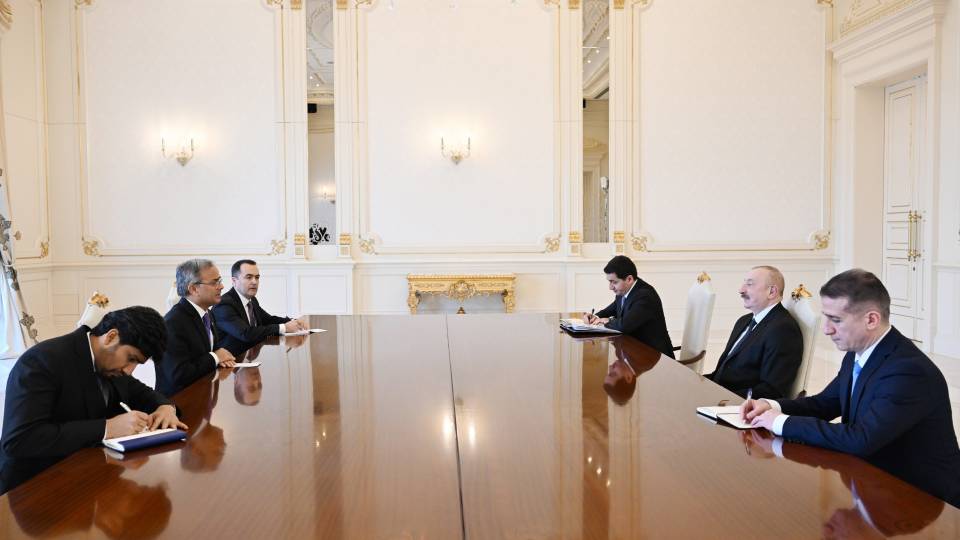
12:46
Руководствуясь пунктами 3 и 32 статьи 109 Конституции Азербайджанской Республики, во исполнение Закона Азербайджанской Республики «Об авиации» от...
12 марта 2025, 12:4611:38
